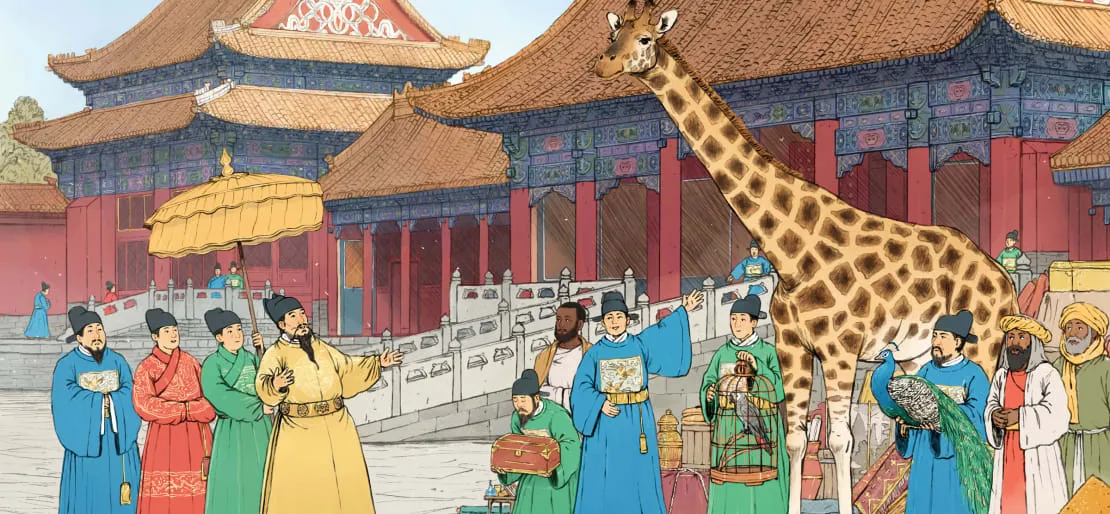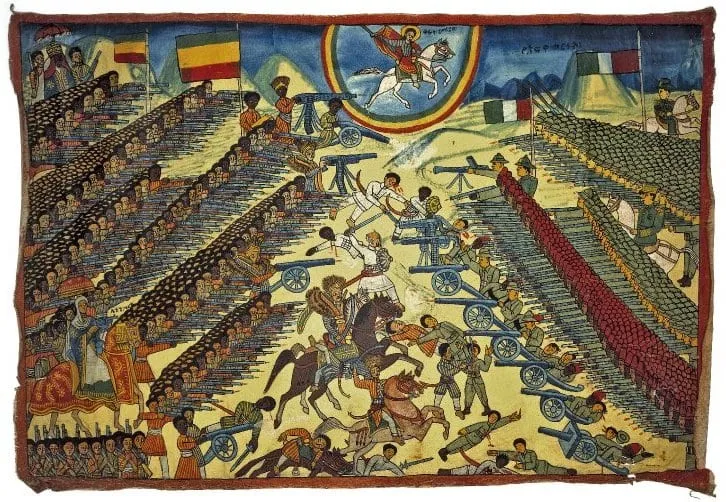Goodbye Paperless History, Hello Liberating Narratives

Table of Contents
As you can see, I have completely redesigned the website. When I began this blog in 2016, I imagined a site that was more broadly focused on reinterpreting what it means to learn about and teach history. In October 2018, I discussed my decision to focus the site on the idea of decolonizing modern world history. In the blog and Twitter posts since then, I have increasingly felt that the old name no longer fit the content. The new title, Liberating Narratives: World History of the Oppressed, pays homage to Paulo Freire’s classic Pedagogy of the Oppressed. When I first read the book in college, I remember how much it challenged my understanding of what a learning environment should look like. Over the years, I have used Freire’s book with students in many classes, and it has always provoked great discussions of what educational settings ought to look like and why we engage in learning and education. In moving forward, I hope that the essays and resources on Liberating Narratives can be seen as a sort of problem-posing education in which teachers and students jointly learn from each other about what it means to teach and study world history. To that end, I also want to acknowledge the important role that Matt Busch has played in posting the #SecondarySunday posts on Twitter, as well as Matt, Angela Lee, and Eric Beckman‘s feedback about the new title and design.
Liberating Narratives Newsletter
Join the newsletter to receive the latest updates in your inbox.



